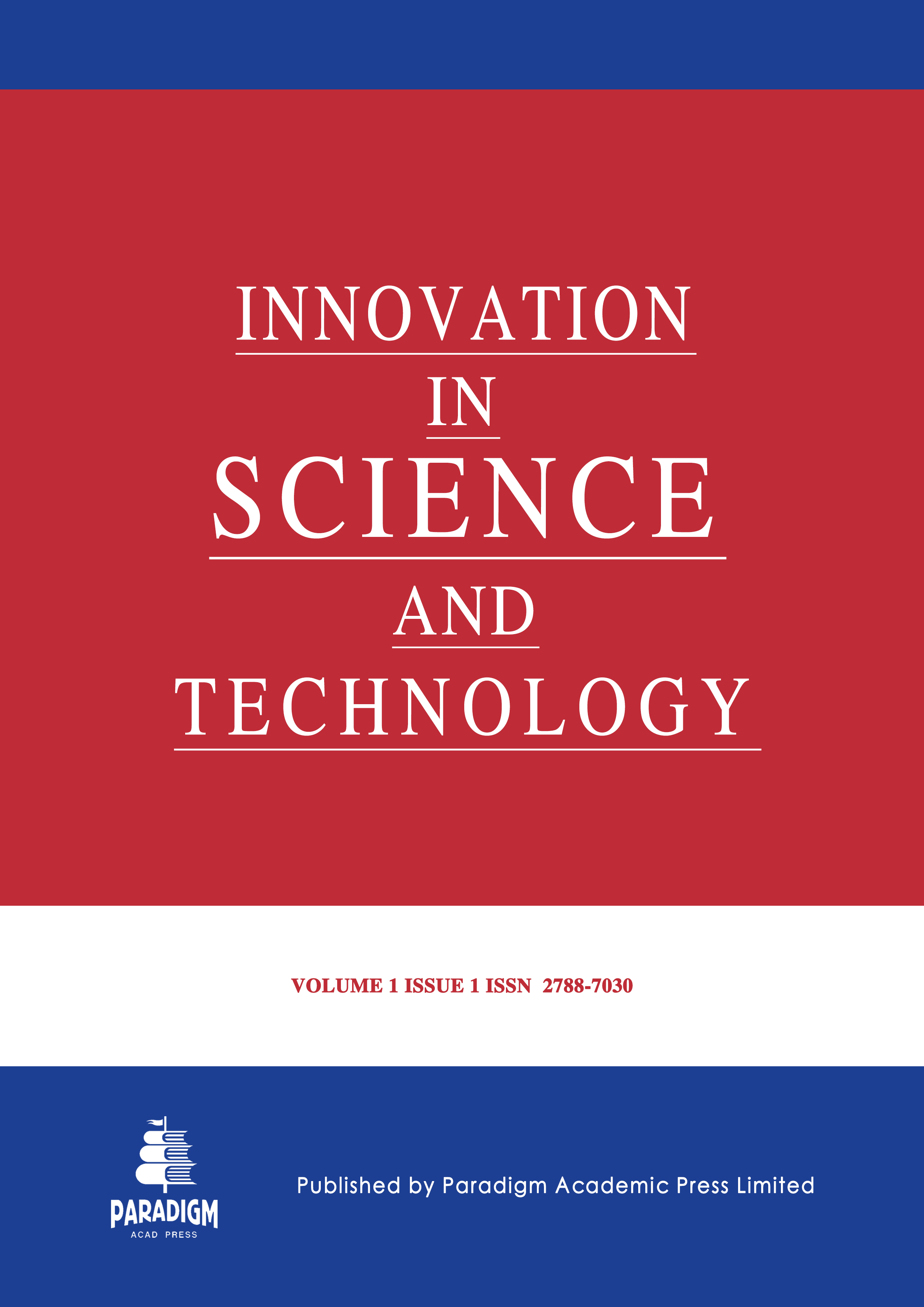Exploring the Social Impacts and Sustainable Development of Urban Waste Sorting: A Case Study of Shanghai’s Waste Management System
Keywords:
waste sorting, household participation, urban sustainability, social impacts, sustainable developmentAbstract
This study delves into the impact of household participation in waste sorting initiatives within Shanghai's Waste Management System, focusing on social dynamics, sustainable development outcomes, challenges, and opportunities. Through a nuanced analysis, the research uncovers the intricate relationships between waste management practices and the broader urban fabric. The analysis of social impacts reveals that waste sorting not only induces individual behavioral changes but also fosters community engagement, social cohesion, and a shared sense of responsibility. Sustainable development outcomes encompass environmental benefits, social gains, and economic opportunities generated by the evolving waste management sector. Identified challenges, including cultural resistance and infrastructure limitations, serve as opportunities for targeted interventions and improvements to enhance the inclusivity and efficacy of waste sorting practices. Recommendations encompass strengthening public education, embracing technological solutions, fostering community involvement, tailoring initiatives to cultural values, investing in infrastructure, and introducing incentive programs.


